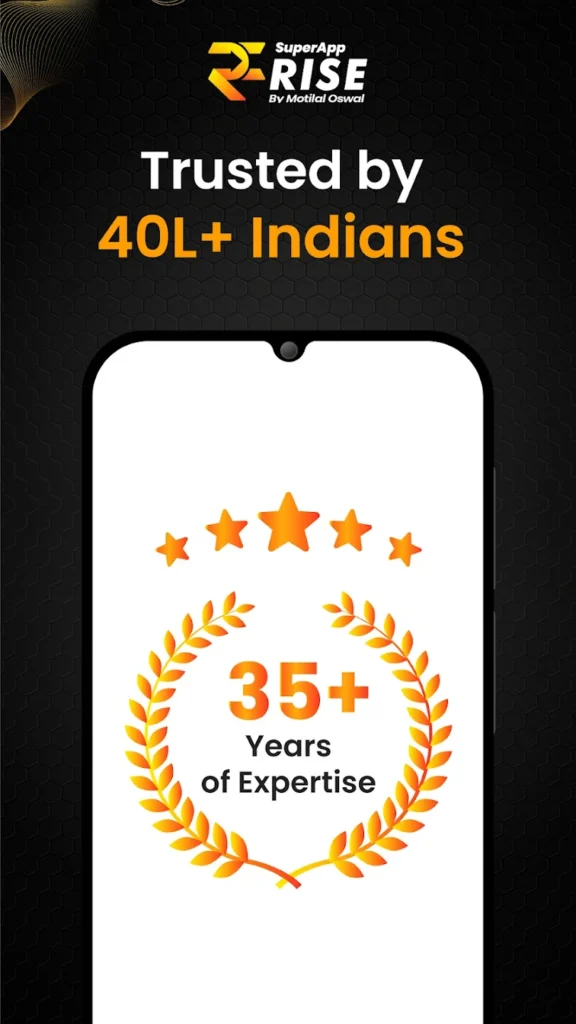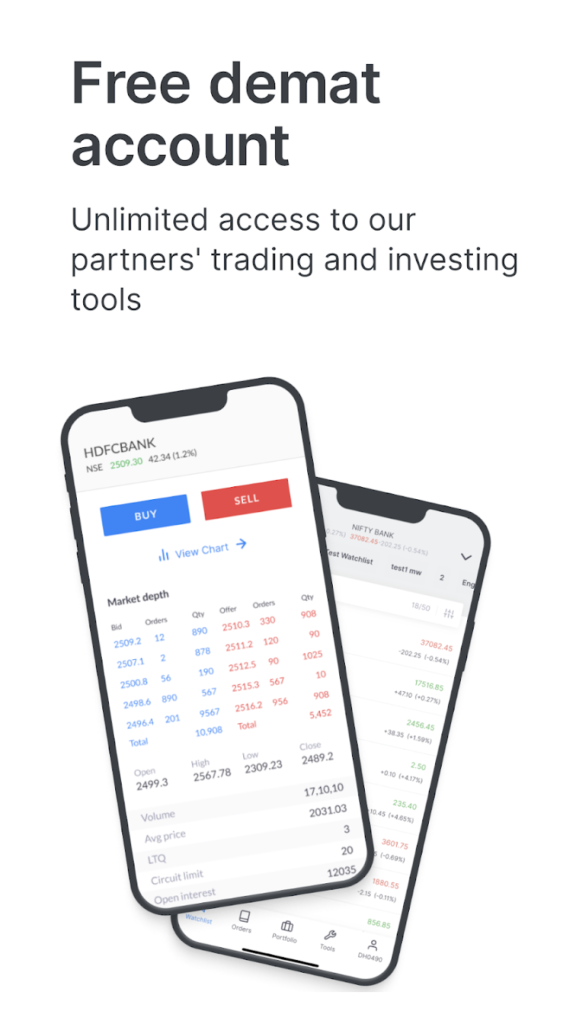Introduction: Why Your Business Needs an Online Billing App
In today’s fast-paced digital economy, manual invoicing and outdated billing processes can hinder business efficiency, delay cash flow, and increase administrative overhead. For entrepreneurs, finance managers, and business owners, switching to an online billing solution isn’t just a convenience — it’s a competitive advantage. With tools that automate recurring invoices, integrate seamlessly with accounting systems, and offer real-time analytics, online billing apps help streamline payment processes and improve the customer experience.
In this comprehensive review, we’ll explore the top online billing apps for businesses of all sizes. We’ll break down their features, usability, pricing, security, and more to help you choose the right fit for your business. Whether you’re a startup founder or a seasoned CFO, this guide on bti.to will help you make informed decisions to enhance your payment workflow.
Top Online Billing Apps for Businesses
1. FreshBooks
Key Features
- Automated invoicing and recurring billing
- Time tracking integration for billable hours
- Payment gateway support including Stripe and PayPal
- Expense and receipt management
- Client portal for communication and payment tracking
Pros
- User-friendly interface for non-accountants
- Powerful integrations with G Suite, Trello, and Slack
- Real-time payment tracking and alerts
Cons
- Higher-tier pricing may be excessive for micro-businesses
- Limited reporting options in lower plans
Pricing
Starts at $17/month for Lite plan, $30/month for Plus, and custom pricing for Select plans with advanced features.
Best Use Case
Ideal for service-based small businesses and freelancers who need professional invoices with time-tracking and expense management.
“FreshBooks helped reduce our invoice reconciliation time by 70%. It’s an essential part of our operations now.” — Amanda R., Small Business Owner
2. Zoho Invoice
Key Features
- 100% free invoicing platform
- Custom invoice templates
- Automated reminders and recurring billing
- Client and project management
Pros
- Completely free with no hidden charges
- Excellent multi-currency support
- Integrates with other Zoho apps and Google Workspace
Cons
- No accounting features – requires pairing with Zoho Books or another tool
- Limited reporting and analytics
Pricing
Free forever. Perfect for startups and freelancers on a budget.
Best Use Case
Best suited for solopreneurs or startups that want clean, professional invoicing without the cost.
3. QuickBooks Online
Key Features
- Integrated accounting and billing platform
- Automatic bank reconciliation
- Mobile-friendly dashboard and reports
- Payroll and tax filing add-ons
Pros
- Comprehensive financial ecosystem
- Trusted brand with global support
- Excellent automation for invoices and payments
Cons
- Steeper learning curve for first-time users
- Higher cost compared to competitors
Pricing
Starts at $30/month. Plans go up to $200+/month depending on feature needs.
Best Use Case
Medium to large businesses looking for full-suite financial management including billing, payroll, and tax filing.
4. Invoicely
Key Features
- Multi-business management
- Recurring invoices and subscription billing
- Expense tracking and estimates
- Client dashboard
Pros
- Simple interface with essential features
- Multi-user support in higher plans
- Custom branding for invoices
Cons
- Limited mobile functionality
- Some users report slower customer support response
Pricing
Free basic plan. Premium starts at $9.99/month and scales with more team members.
Best Use Case
Great for freelancers and small teams that want flexibility in managing different businesses under one account.
Security and Compliance
Security is a top priority when handling financial data. The leading online billing apps listed above all offer:
- Data encryption at rest and in transit (SSL/TLS)
- Two-factor authentication (2FA)
- GDPR and SOC 2 compliance
- Audit logs and role-based access control
Always review your chosen app’s compliance documentation to ensure it aligns with your industry and region’s regulations, especially if you handle sensitive customer data.
Integration Capabilities
Modern billing apps don’t work in isolation — they integrate with CRM tools, accounting platforms, communication apps, and even marketing tools. Here’s a quick look at key integrations:
- FreshBooks: G Suite, Slack, Asana, Zapier
- QuickBooks: Shopify, HubSpot, Salesforce, Expensify
- Zoho Invoice: Zoho CRM, Zoho Books, Microsoft 365
On bti.to, we recommend selecting tools that offer seamless integrations with your existing workflow to avoid unnecessary complexity and boost ROI.
ROI and Business Benefits
Investing in a robust billing app can yield measurable returns:
- Faster invoice generation and payment collection
- Reduced human errors and administrative costs
- Improved customer experience with branded and professional billing
- Enhanced visibility with real-time analytics
Most businesses report a 30–60% improvement in billing efficiency after switching to automated solutions. The time saved alone can be reinvested into business development and customer engagement initiatives.
Conclusion: Choosing the Right Billing App for Your Business
The right online billing app can dramatically simplify your business operations, reduce manual tasks, and ensure consistent cash flow. While FreshBooks stands out for service professionals, QuickBooks offers a robust solution for growing companies needing integrated accounting. For startups and freelancers, Zoho Invoice and Invoicely offer low-cost or free options to get started.
At bti.to, we empower business leaders with data-driven insights to make smarter software decisions. Whether you’re upgrading from spreadsheets or scaling your finance team’s toolkit, choosing the right billing platform is a crucial step toward business efficiency and growth.
Evaluate your current workflow, test a few platforms, and choose the solution that aligns with your business goals and budget. Your finance team — and your clients — will thank you.


